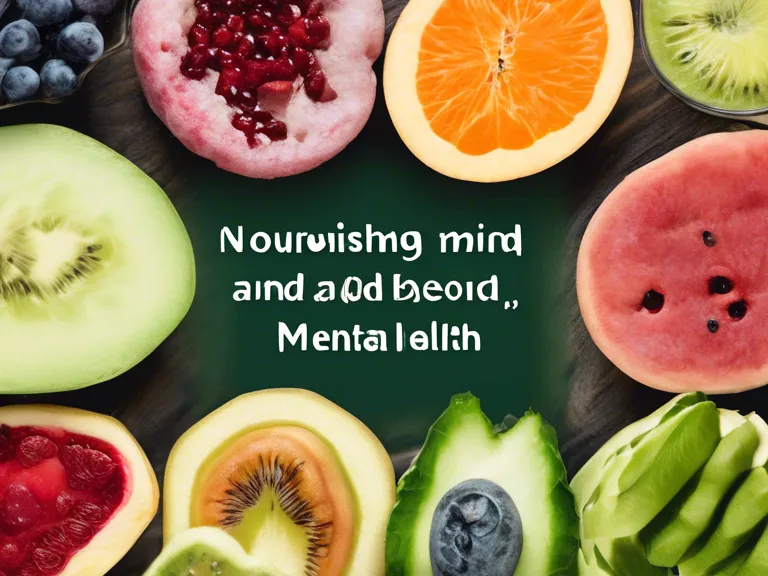
In today's fast-paced world, it's easy to overlook the importance of making healthy nutritional choices. However, what we eat directly impacts our overall health and well-being. By incorporating a balanced diet rich in vitamins, minerals, and nutrients, we can improve our energy levels, mood, cognitive function, and even prevent chronic diseases.
A diet centered around whole foods such as fruits, vegetables, whole grains, lean proteins, and healthy fats provides the essential nutrients our bodies need to thrive. These foods are not only rich in vitamins and minerals but also antioxidants and fiber, which play a crucial role in supporting our immune system and reducing inflammation.
On the other hand, consuming processed foods high in sugar, unhealthy fats, and sodium can have detrimental effects on our health. These foods are often lacking in nutritional value and can lead to weight gain, increased risk of heart disease, diabetes, and other health conditions.
It's important to pay attention to what we eat and strive to make healthier choices whenever possible. This includes limiting our intake of sugary beverages, fast food, and processed snacks, and instead opting for nutrient-dense whole foods. Planning ahead and meal prepping can make it easier to stick to a healthy eating plan, even on busy days.
By making small changes to our diet and focusing on nutrient-dense foods, we can improve our overall health and well-being. Our bodies are complex systems that require proper nourishment to function optimally. Eating for well-being is not about strict diets or deprivation but rather about making sustainable choices that support our health in the long term.


